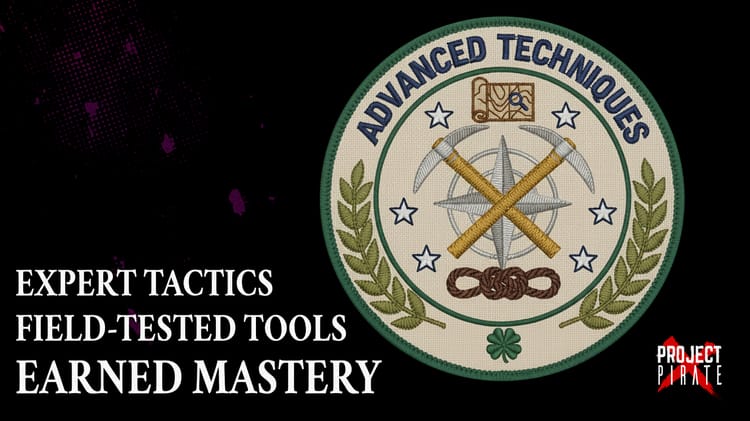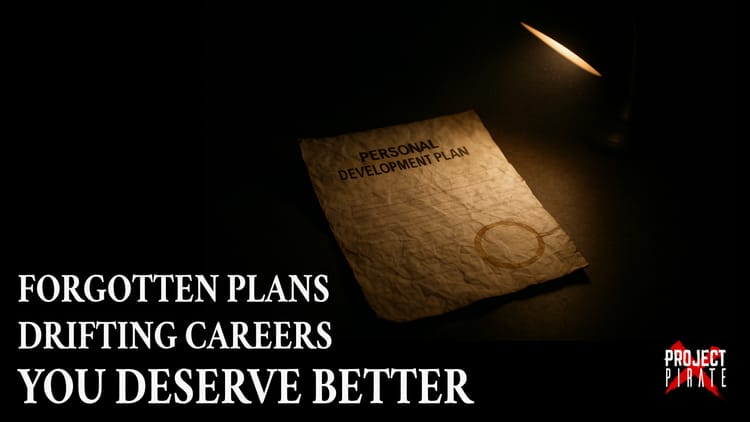The Sting of Hindsight: Shaping those Critical Moments

How nine words can transform team dynamics when deadlines loom.
The Universal Human Experience
There's a feeling every human has likely experienced... the bitter sting of hindsight. That moment when the "what if" transpires into something you had control over, an action you could have performed but for some reason you didn't take the opportunity...and in that moment it stings, it hurts... most likely because you know that you could have done something about it.
We've all been there. It's not just regret - it's the sharp awareness that this pain was preventable. That's what makes it sting so deeply.
When Hindsight Meets High Stakes
In project delivery, this sting becomes amplified. Picture this: You're leading a complex delivery programme. The final hurdle approaches - UAT (User Acceptance Testing) in live proving, that critical moment before code submission to App Stores... a critical new feature of strategic importance which has taken around 9 months to deliver from a new platform inception... and here we are with a few days remain before cut-off, several use cases sit unverified and the team feels the weight of what's at stake. Fail and we lose another 4 weeks... time is running out.
This is the crucible moment where true leadership separates itself...
Most leaders feel what starts as the initial twitch, an itch which transforms into the tightening of the hands before spilling out in a reach for urgency: "We can't afford any problems now!" or "Everyone needs to get on top of this now and make it happen!"...but this approach creates exactly the conditions where people stay silent about concerns, hoping problems will resolve themselves or that someone else will spot the issue first.
But what if there's a better way? What if the most powerful thing you can say in those moments isn't about urgency, but about universal wisdom?
"No one wants to feel the sting of hindsight."
The Transformational Alternative
Instead of adding pressure, try this approach:
"We all know the clock is ticking and I want to acknowledge the incredible effort which has gone into getting us this close. We're nearly there... so let's make sure we finish strong. If you need any support, please shout - it will be seen as positive action - no one wants to feel the sting of hindsight next week"
This approach transforms team dynamics through several key elements:
Acknowledge Reality: "We all know the clock is ticking" - you're not pretending the pressure doesn't exist, but you're not amplifying it either.
Recognise Effort: "I want to acknowledge the incredible effort" - you're honouring the work already done, building confidence rather than doubt.
Create Optimism: "We're nearly there... let's finish strong" - framing the final push as a victory lap rather than a crisis sprint.
Give Explicit Permission: "Please shout - it will be seen as positive action" - making help-seeking a team contribution, not personal failure.
Share Universal Wisdom: "No one wants to feel the sting of hindsight next week" - connecting that human experience and deep seated feeling into something everyone understands whilst making it immediate and tangible.
Why This Language Works: The Psychology Behind the Phrase
When deadlines loom, teams face a dangerous psychological trap. People start calculating:
- Risk of Speaking Up: "Will I look incompetent if I raise this concern?"
- Risk of Staying Silent: "What if this becomes a problem after we go live?"
Most choose silence, creating the exact conditions where teams deliver disasters they saw coming but couldn't speak about.
The phrase "no one wants to feel the sting of hindsight" works because it:
Creates Shared Experience
Everyone has felt that sting - the crushing weight of "we could have prevented this." It's universal human experience that transcends hierarchy.
Transforms Individual Risk into Collective Responsibility
You're not asking people to admit personal failure; you're inviting them to contribute to team success.
Provides Future Focus
Instead of dwelling on current pressure, it projects to a moment of collective reflection: "Will we be proud of how we handled this?"
Makes the Right Thing the Easy Thing
Surfacing concerns becomes psychologically safe, collectively beneficial and personally wise.
The Principle in Action
The power isn't in these exact nine words - it's in the underlying principle:when pressure mounts, tap into shared human experience rather than amplifying urgency.
Every human carries emotional memories that can be activated through language - the regret of missed opportunities, the relief of being heard, the pride of contributing to success. Effective leaders understand that these universal experiences are much more powerful motivators than pressure or urgency. When you connect to what people already feel, you create authentic engagement rather than forced compliance.
The specific phrase "no one wants to feel the sting of hindsight" worked because it tapped into a feeling everyone has experienced. But you can apply this approach to any high-pressure situation by using the same five elements:
- Acknowledge Reality - Don't pretend pressure doesn't exist, but don't amplify it.
- Recognise Effort - Honour work already done, build confidence rather than doubt.
- Create Optimism - Frame the challenge as achievable together.
- Give Explicit Permission - Make help-seeking a team contribution, not personal failure.
- Share Universal Wisdom - Connect to an experience - a visceral memory everyone understands.
Before a Client Presentation: "I know we're all feeling the pressure of tomorrow's demo. The preparation work has been impressive - we've covered a lot of ground. We're in a strong position to showcase what we've built. If anyone has concerns or thinks we've missed something, please speak up - we all know that sinking feeling when we realise we could have caught something earlier."
During Budget Planning: "Budget season is always challenging and I want to acknowledge how thorough your planning has been so far. We're building a solid foundation for next year. If you're seeing potential resource gaps or constraints, let's surface them now - we've all been in situations where we wished we'd raised concerns earlier instead of hoping they'd resolve themselves."
A Senior Project Manager reached out later that day. Not about project details or technical specifications, but about those nine words. "That phrase," he said, "it's going to stick with me."
That's when I realised something profound had happened. In choosing wisdom over urgency, in speaking to the human experience rather than amplifying pressure, we hadn't just prevented problems - we'd created a moment that transformed how someone thought about communication shapes leadership.
The Choice Every Leader Faces
Right now, somewhere in your organisation, someone faces that same crossroads. Most leaders reach for familiar responses:
The Pressure Amplifier adds urgency: "We can't afford problems now!" hoping that pushing harder creates better outcomes.
The Abdicator turns away, rolling the dice on fate rather than actively leading through the moment.
The Third Way pauses and remembers that your team carries scars from hindsight's sting. Your words can give them permission to tap into that shared experience, creating a compelling urge to prevent it together.
Leadership isn't about commanding people to be better - it's about creating conditions where they can reveal their true selves... capable, honest, brave and a willingness to succeed that was always there.
How Culture Changes: One Conversation at a Time
When that Senior Project Manager said "it's going to stick with me," he became a carrier of a different way of leading. Culture doesn't change through company initiatives - it spreads through micro-moments where leaders experience psychological safety and recreate those conditions for their teams.
That PM carries this language forward. When pressure mounts in his next team meeting, instead of defaulting to "we can't afford problems," he finds himself creating permission: "we all know how it feels when we miss something obvious - let's surface any concerns now."
His team notices this feels different. Safer. They start using similar language with each other, with stakeholders, with their own teams. "No one wants to feel the sting of hindsight" becomes shorthand for "we care enough to speak honestly."
Real transformation happens conversation by conversation, leader by leader. Change one approach to crisis moments and watch it ripple outward into an organisation where problems surface early because it's psychologically safe to speak them.
Your Moment
Think back to the leaders who shaped you. You remember critical junctures where they could have added pressure or created permission. You remember how it felt when a leader trusted you with honesty instead of treating you like a resource to be optimised - and perhaps the opposite, when leaders amplified panic and made raising problems feel like failure.
Those moments didn't just affect the project. They shaped the leader you became.
The sting of hindsight is waiting. It always is. The question isn't whether you'll face critical moments - you will. The question is whether you'll shape them or let them shape you.
Your Crew is watching. Not just for what you'll say, but for who you'll choose to be when the pressure mounts and time runs short. They're calculating whether this will be one of those moments they remember years from now as an example of leadership they want to emulate.
Nine words. A choice. A moment that could change everything.
What will you choose to create? And more importantly, what will you feel about this moment when you look back?
Join the Crew - where honest voices prevent avoidable regrets. 🏴☠️




